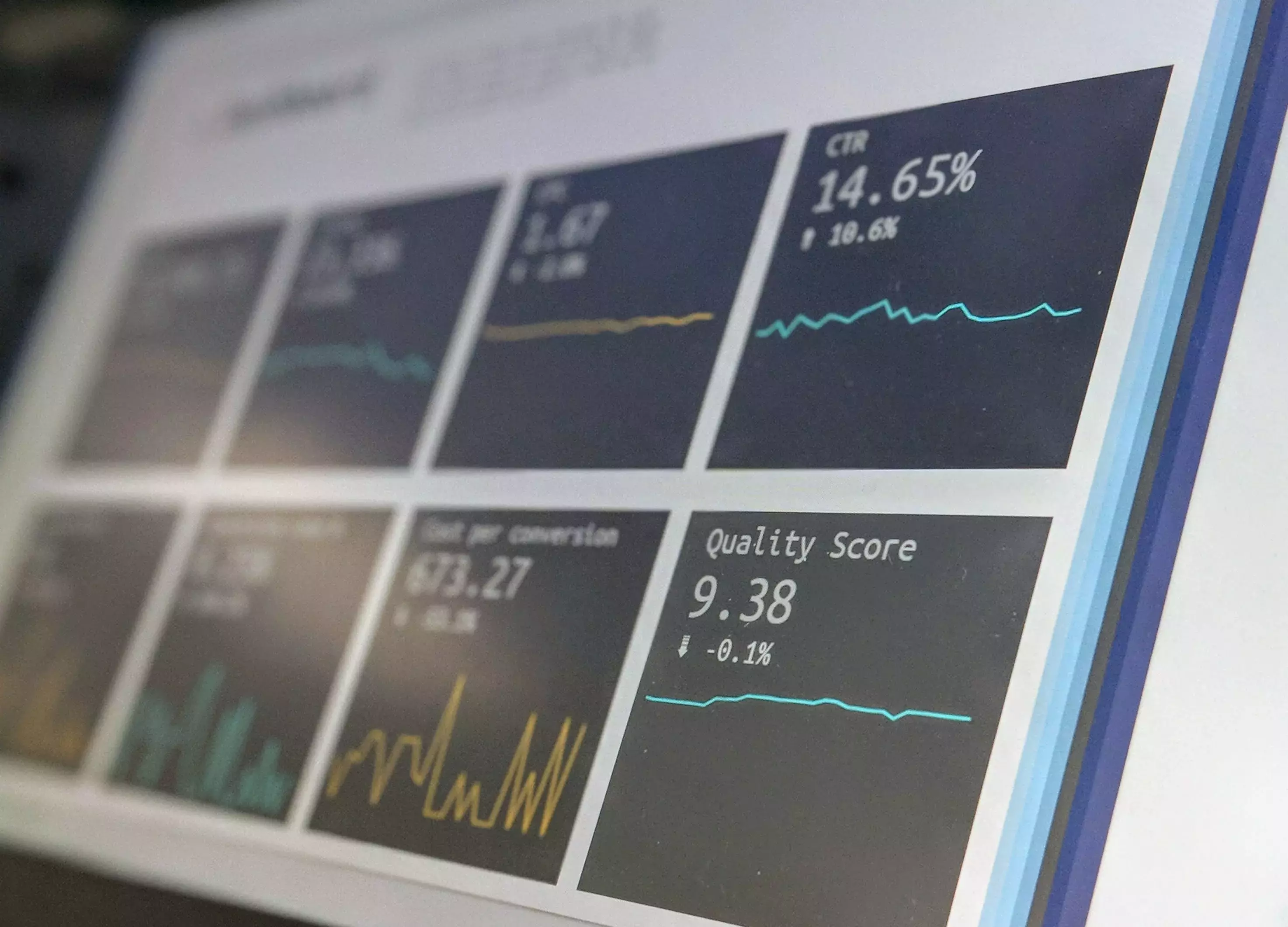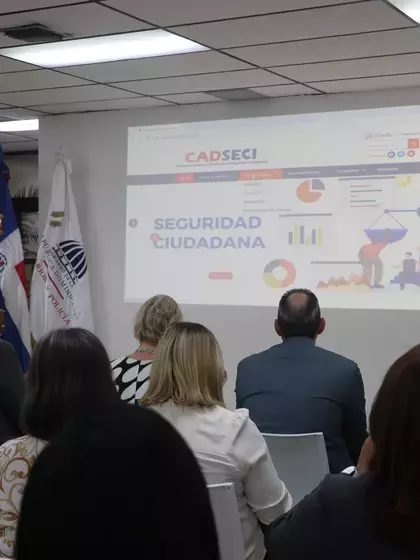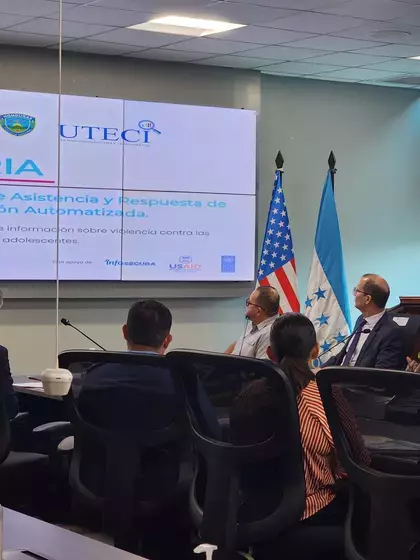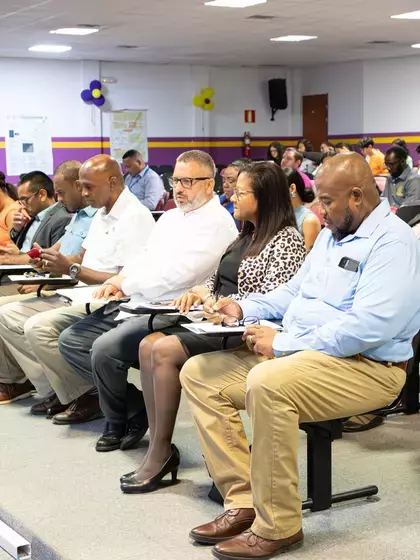World Statistics Day, the science that explains (almost) everything

Every year on 20 October, World Statistics Day is a date to underscore the important role data and statistics plays in making decisions, policies and in understand the ever-evolving world.
Statistics is the science of collecting, analysing, interpreting and presenting data. In everything, from economics and citizen security through scientific research and governmental decision-making processes, statistics is the backbone of so many actions and policies. This tool makes it possible to figure out patterns, make evidence-based decisions and assess results.
For instance, in public health, data is essential in monitoring illnesses, health system planning and designing prevention strategies. In economics, indicators like the GDP or the rate of unemployment influence fiscal and monetary policy. In education, statistics help assess the efficacy of education reforms. Or, in citizen security, statistics enable us to see the evolution in the crime rate, overload in the justice system, or the results of implementing policies.
World Statistics Day also draws attention to technological developments, particularly the Big Data revolution, and the resulting transformations in the way we compile and leverage data. Increased storage capacity and processing speeds now enable us to analyse massive, heretofore unimaginable data sets. This has given us significant developments in fields like artificial intelligence, precision medicine and business decision making.
InfoSegura and the UNDP: Unleashing the potential of data
We come to the InfoSegura's role and almost a decade long effort with regional data for citizen security. InfoSegura is an initiative of the United Nations Development Programme (UNDP) in partnership with the United States Agency for International Development (USAID). Collaborating with governments, civil society organizations and grass roots communities in Central America and the Dominican Republic, InfoSegura has helped reinforce evidence-based data management and decision making.
InfoSegura focuses on critical areas like citizen security, human mobility or justice. Leveraging data and statistics helps to identify challenges and opportunities in these areas, enabling countries in the region to use the data to address complex problems more effectively. Collaborating with multiple partners and using innovative approaches, InfoSegura helps communities throughout the region become safer and more resilient.
Challenges of privacy and ethics
Not everything can be rosy, however. Working with data poses significant risks in terms of privacy and ethics. Compiling and using personal data must be done with utmost respect for individual privacy and under strict ethical standards The jury is still out in the public debate on who can access our data, the way they are used and who benefits. A great deal remains to be done to safeguard citizen rights.
As world digitalization grows, so does the importance of statistics and data science for decision making and understanding the world. The capacity for analysing and extracting meaningful information from data will become an ever more valuable skill in many professional fields.
World Statistics Day reminds us that behind every number and figure there are stories, challenges and solutions and it encourages us to use statistics responsibly and ethically in addressing global problems, from climate change through poverty and citizen security.





